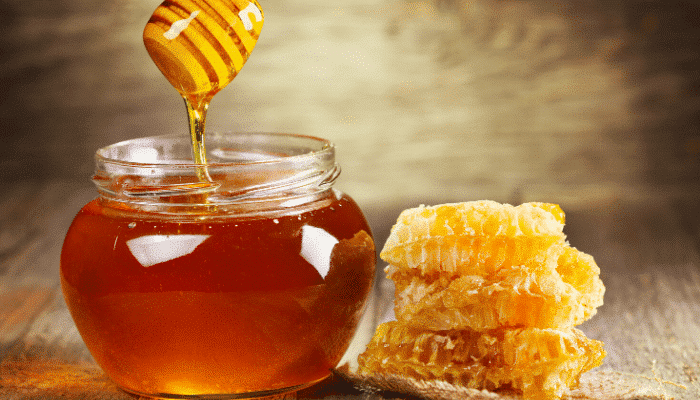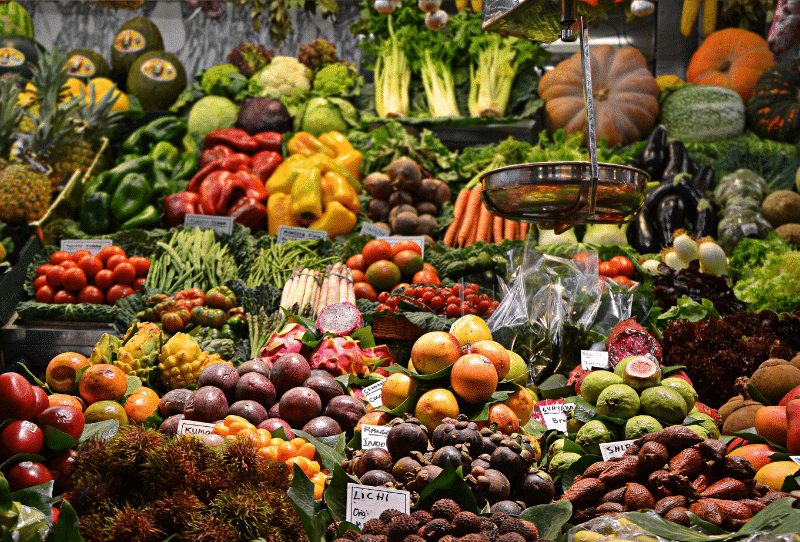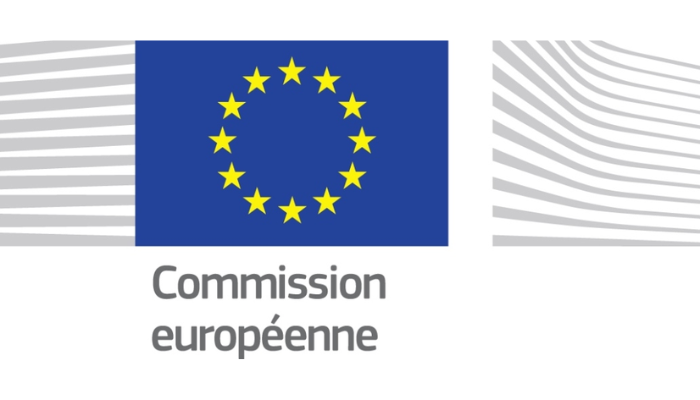
Article réservé aux abonnés


The 2023 annual report of the Alert and Cooperation Network (ACN) has just been published.
In 2023, the number of notifications exchanged by the FFN reached a total of 758, with a significant increase on 2022 (26.3%).
Belgium (18.3%), Germany (16.5%) and France (10.7%) were the countries that communicated most about suspected fraud.
In terms of the origin of the products reported to the system, 71.1% concerned goods from within the EU and 24% from outside the EU.
For products from the EU :
- 8.2% of cases concerned France and the Netherlands (falsification of poultry products, mislabeling of meat products, falsification of live animal documents),
For non-EU products :
- 5.4% concerned China (suspected honey adulteration),
- 3.4% concerned Turkey (suspected honey adulteration).
The most frequently reported product categories were :
- Meat and meat products (except poultry) (13.3%): substitution of ingredients or species, misleading labelling.
- Live animals (10.1%) excluding pets, but especially horses: smuggling, falsification of compulsory documents (animal passports and health certificates).
- Honey and royal jelly (9%): substitution by less valuable species, undeclared addition of water.
- Poultry and poultry products (5.8%): substitution by lower-value species, undeclared addition of water.
- Plant protection products (6.1%): illegal trade in substances within the EU, unapproved composition or use.
- Milk and dairy products (5.5%): violation of PDOs, PGIs and TSGs (traditional specialities guaranteed).
The most frequently reported types of




